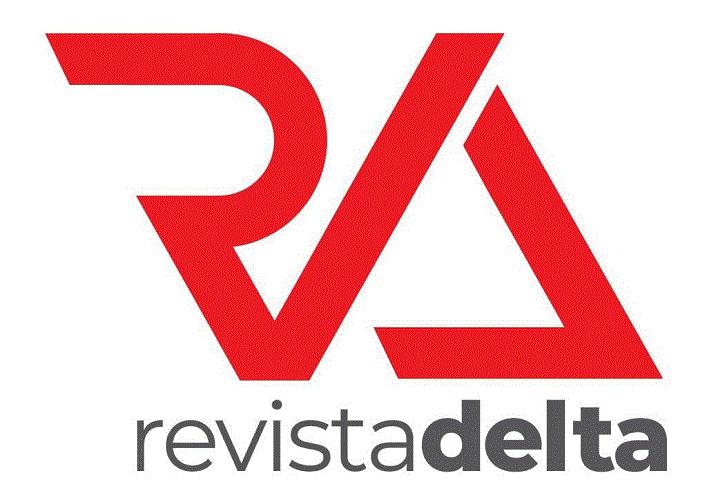ABSTRACT
My academic work meets with the work of Marilda Cavancanti (2018Cavalcanti, M. do C., & Maher, T. J. M. (Eds.). (2018). Multilingual Brazil: Language Resources, Identities and Ideologies in a Globalized World. Routledge.) when she deals with “rich insights into contemporary linguistic diversities in Brazil, into situated uses of different constellations of language resources, into local identity politics, into the histories of different linguistic minority groups and into ongoing changes specific to each group, e.g. rapidly developing transnational connectedness /…/ it builds a broad picture of the ways in which national language ideologies and language policies, and now globalized ideologies, have shaped the sociolinguistic trajectories of different groups” (Maher & Cavalcanti, 2018, p. 2). In particular, I will focus these trajectories discussing and revising a model that I developed of four continua: a) of urbanization, that spreads from the isolated rural vernaculars up to the urban variety of prestige; b) of literacy, that goes from oral events to events of literacy; c) of stylistic monitoring, which discusses footing with the hearer and d) of access to the Internet, related to digital literacy and to resources and gadgets that users own (Bortoni-Ricardo, 2021Bortoni-Ricardo, S. M. (2021). Português brasileiro, a língua que falamos. Editora Contexto. , p. 49). Illiterate or semiliterate voices echo throughout the work.
Keywords:
Brazilian people; Sociolinguistic trajectories; Methodology of continua; Literacy.
